The US Justice Department wants to force Google to sell its Chrome browser. If this happens, advertisers and Internet search services will benefit the most.
In August, Judge Amit Mehta concluded that Google maintains an illegal monopoly in the search and advertising markets.
On November 21, the US Department of Justice sent a document asking a judge to force Google to sell the Chrome web browser.
If this happens, Google will suffer greatly, while other Internet searchers and advertisers will benefit.
By separating Chrome from Google and blocking search deals, advertisers won't have to pay a dominant engine to reach potential customers, according to Northeastern University professor John Kwoka.
Google relies on Chrome to grow and sustain its search advertising empire. Chrome holds 61% of the US browser market share, according to analytics firm StatCounter.
It has become a valuable delivery tool for Google Search and a gateway to the search habits of billions of users. When you open Chrome and type a query in the search bar, you are automatically redirected to Google Search.
This doesn't happen on other browsers and non-Google devices. For example, on Windows computers, the default browser and search engine are Edge and Bing.
To become the default choice, Google has to pay billions of dollars to partners.
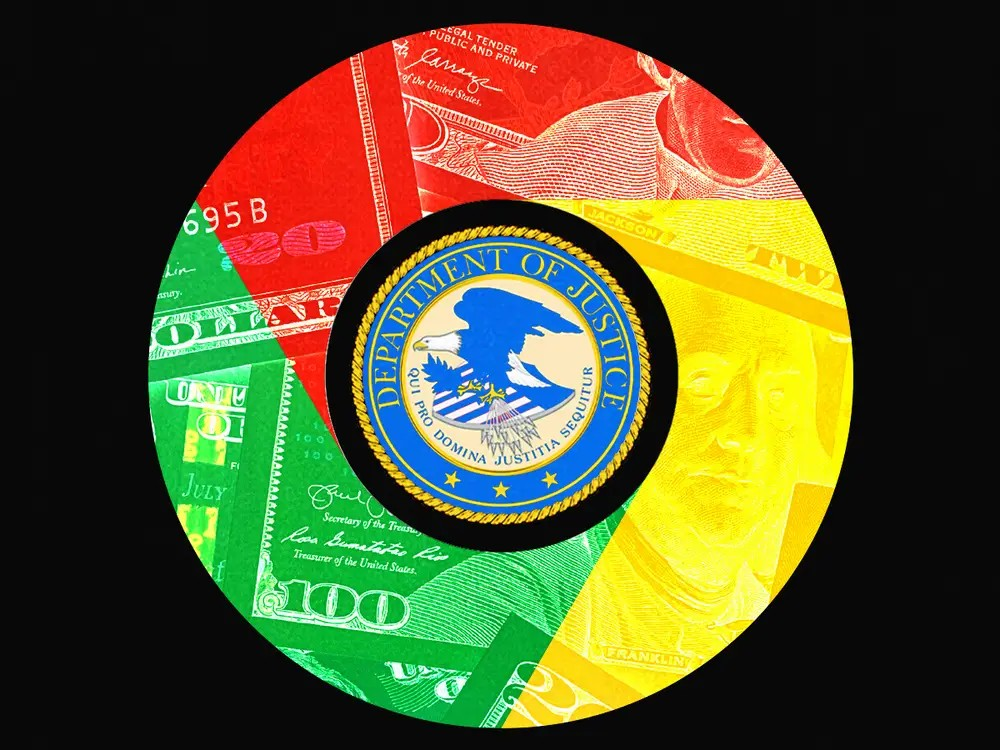
Chrome helps Google avoid all this cost and complexity because controlling and setting the default search engine is free.
With its distribution tools, Google collects mountains of user data from browsers and from searches within browsers. The information helps make targeted advertising more valuable.
Additionally, when users use Chrome to search the web, Google tracks the results they click on. It feeds this feedback back into the search engine to improve the product.
For example, if most people click on the third result, Google's engine might adjust and rank that result higher.
It's hard to compete with this self-reinforcing system. One way to compete is to distribute more than Google. If Chrome were a standalone product, rival search engines could get a piece of the distribution “magic.”
Google also sees Chrome as a way to introduce users to new AI products, including Lens, as it competes with rivals like OpenAI.
Many have tried to take on Google in the browser market, but failed. One example is Neeva, a privacy-first search engine developed by former Google advertising executive Sridhar Ramaswamy.
Neeva lasted just four years before it shut down. He credits Google's success not just to a better product, but also to an incredible number of distribution decisions.
Teiffyon Parry, chief strategy officer at advertising technology firm Equativ, said losing 3 billion monthly Chrome users would be a “huge blow” to Google.
But the company has other ways to reach users and collect data, including Gmail, YouTube, hardware, and the Play Store. It also has its own app that acts as a web browser and has the potential to be an effective Chrome alternative.
Parry calls this a “manageable inconvenience.”
Meanwhile, independent cybersecurity expert Lukasz Olejnik expressed concerns about the web market in general if Chrome were sold. He said Chrome is improving advances very quickly thanks to Google's financial support.
Browsers could struggle on their own and undermine the entire web ecosystem as a result.
“The worst-case scenario is a decline in the privacy and security of billions of users, as well as an unimaginable increase in cybercrime,” he warned.
One of the biggest questions left unanswered is who can afford to buy Chrome. Bloomberg News estimates the browser's value at at least $15 billion to $20 billion. Antitrust regulators could block a major company from acquiring Chrome.
Google plans to appeal any ruling, which could delay enforcement for several years. Lee-Anne Mulholland, Google's vice president of legal affairs, argued that the Justice Department's move would harm users, developers, and America's technological leadership at a time when it matters most.
(According to Insider, Bloomberg)
Source: https://vietnamnet.vn/chuyen-gi-xay-ra-neu-google-phai-ban-chrome-2344542.html








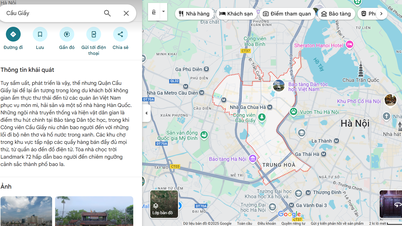

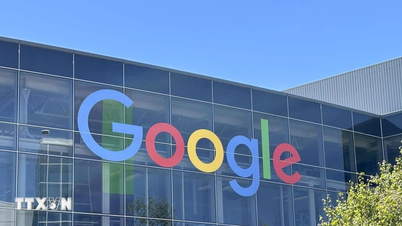

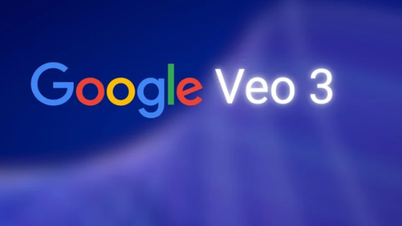

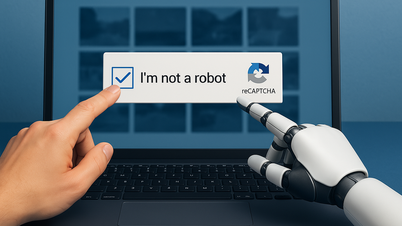



































































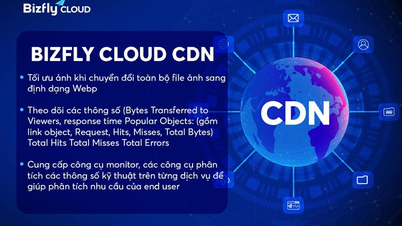






















Comment (0)